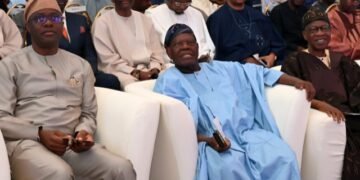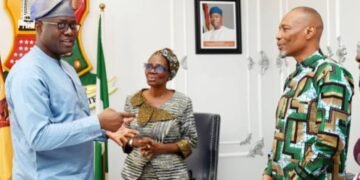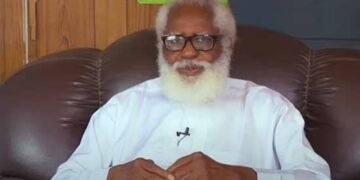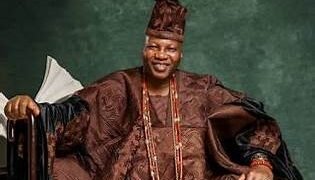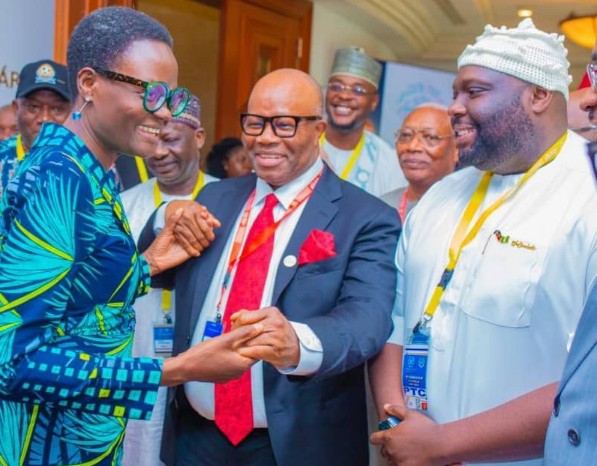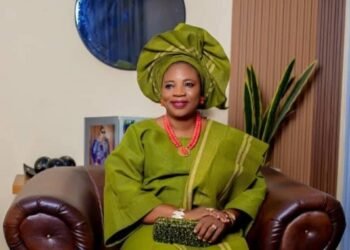Akpabio, who is the leader of Nigeria’s delegation to the 147th IPU Assembly in Luanda, Angola, broke a 59-year-old jinx with his election into the Executive Committee of the global parliamentary body.
Special Assistant to the Senate President on Media/Communication, Anietie Ekong, disclosed this in a statement.
According to the statement, Senator Akpabio was overwhelmingly voted for by delegates across the world to emerge as an Executive Committee member for a three-year mandate.
The last time a Nigerian was elected into the Committee of the Inter-Parliamentary Union was in 1964.
The Executive Committee of the Inter-Parliamentary Union has its headquarters in Geneva, Switzerland.
It oversees administration and makes recommendations to the IPU Governing Council on various matters.
These include applications by national parliaments or regional parliamentary assemblies wishing to join the IPU.
It also assesses candidates for the post of Secretary General, and submits a recommendation to the Governing Council.
The Committee sets the date and venue of the IPU Governing Council sessions and a provisional agenda.
It also proposes the annual work programme and budget of the IPU and meets, at least, twice a year before the Assemblies, and can also hold extraordinary sessions, if need be.
The Executive Committee ensures that decisions taken by the Assembly and Governing Council are put into practice.
The Inter-Parliamentary Union (IPU) is the global organisation of national parliaments founded in 1889 dedicated to promoting peace through parliamentary diplomacy and dialogue.
It has grown over its 135 years into a truly global organisation with 179 country members out of 193 countries in the world.
The IPU facilitates parliamentary diplomacy and empowers parliaments and parliamentarians to promote peace, democracy and sustainable development around the world.
The 147th IPU Assembly was held in Luanda, Angola, from 21 to 27 October, 2023. It was hosted by the National Assembly of Angola.
The IPU, in the week long Assembly, deliberated upon important issues affecting nations across the world and considered actions to strengthen trust between people and governance structures.
It sought to make public institutions more effective, accountable and representative and to better equip parliaments to address the multiple interconnected geo-political, economic and environmental crises facing the world.


